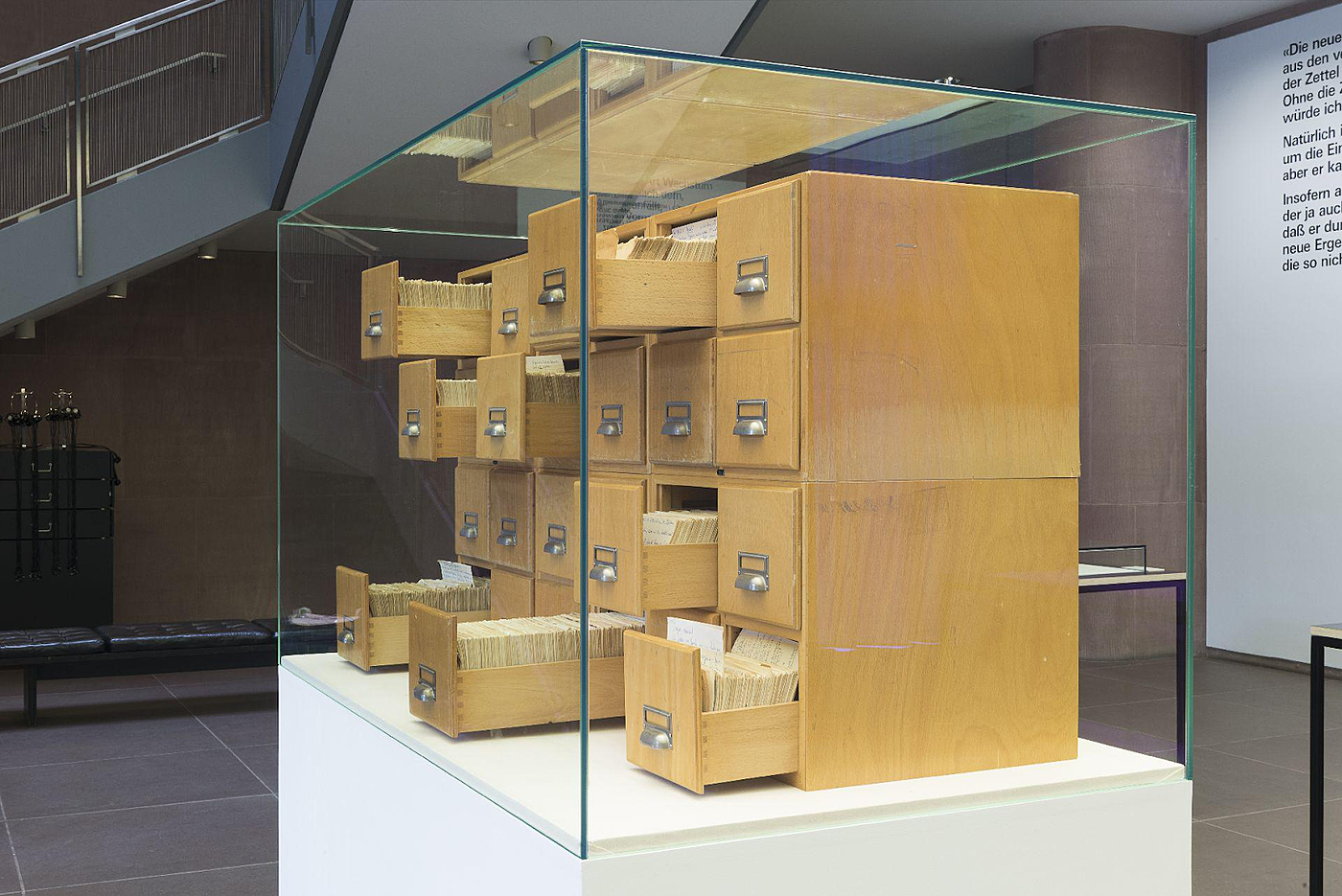
Forget Forgetting. Build a Zettelkasten.
A networked note-taking method to help you remember more and write better
March 6, 2020
🔓 This is a free preview of a Premium Members only post! 🔓
Forgetting what you read?
If you’re anything like me, you’ve experienced a progression of reading that looks something like this.
After experiencing the joy of learning for the first time — when I learned something on my own — I got addicted to knowledge. I read a bunch of books. Everything I could get my hands on.
After several weeks and several books, I looked back on the first one I read. What was it about again? I couldn’t remember anything other than the title and one or two central ideas.
“Sapiens? I loved that book. Great history of, uh, humans. Agricultural revolution was 12,000 years ago and it changed everything. I know, I know —it’s crazy.”
What to do about this? My first solution was active reading.
Active Reading
Active reading allows you to engage with the material you’re consuming at a higher level. A few common techniques:
- Annotate in the margin to summarize points or raise questions
- Highlight or underline important passages
- Compare what the author is saying to other ideas
There’s a difference between knowing about something and actually knowing something, and active reading encourages the latter. Playing with the material like this not only improves retention, but it also helps you evaluate claims better.
As Superorganizers readers, many of you already participate in some form of active reading. And you might even go one step further by keeping all of the notes you take in a database like Evernote or Notion.
This is great! But I want to challenge you: could your note-taking system be even better?
If you’re anything like me, Notion and Evernote leave something to be desired. They aren’t ineffective, but they don’t feel magical either.
First, it’s hard to find what you are looking for. Thoughts in our brain are associative and it can be hard to find what you are looking for with a keyword search. Search engines aren’t advanced enough yet to detect intention, so we have to make connections on our own.
Additionally, Notion or Evernote archives become littered with clutter pretty quickly. While writing everything down does improve your thinking, you probably don’t want to keep every miscellaneous note and clarification in your long-term notes.
Finally, it’s just hard to make connections between notes. Searching in Evernote and Notion might return all the articles that mention the word “decision making”, but that’s only partially useful. What else were you thinking about when you read that article from two years ago? Do concepts from that article connect to a different article you read a year ago? How do you nurture those connections?
Enter: Zettelkasten.
The Only Subscription
You Need to
Stay at the
Edge of AI
The essential toolkit for those shaping the future
"This might be the best value you
can get from an AI subscription."
- Jay S.
Join 100,000+ leaders, builders, and innovators

Email address
Already have an account? Sign in
What is included in a subscription?
Daily insights from AI pioneers + early access to powerful AI tools











Comments
Don't have an account? Sign up!